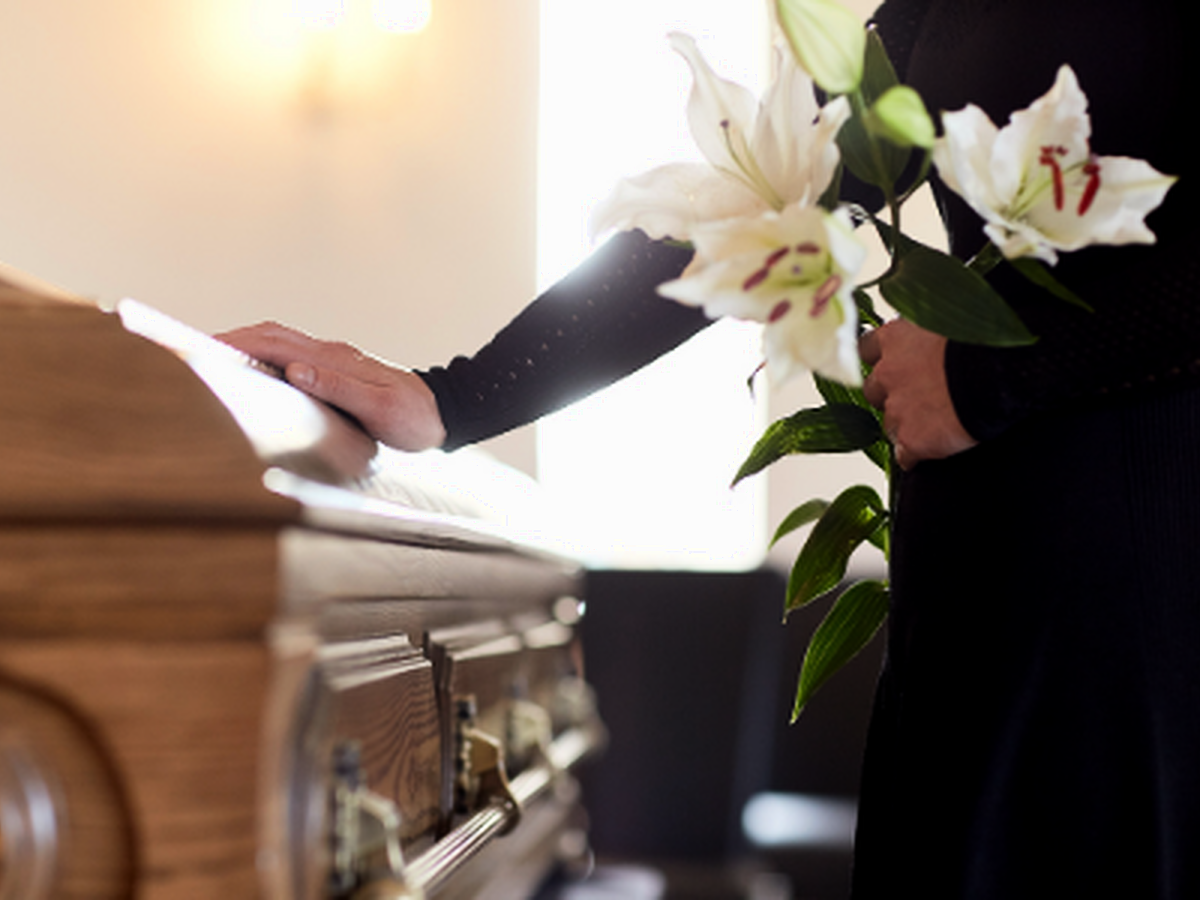Academic Misconduct -What Is It?

Most college and university students, including those studying nursing, know the potential consequences of engaging in academic misconduct. However, broad concepts are insufficient. Contacting a nursing student lawyer if you are accused of misconduct. Always consult your school’s Code of Conduct because misbehavior criteria can differ from one institution to the next. Academic misconduct, for instance, is described as follows by the University of California School of Nursing:
- Cheating Plagiarism
- erroneous information
- theft of intellectual property or infringement
- modification of school records
- Sharing or disseminating class notes or exam information in order to “advantage others unduly or for profit.”
Another illustration of academic misconduct at The University of Washington School of Nursing is:
- submitting the same essay for credit in more than one class
- cooperation without authorization
But those are only the most typical types of academic dishonesty. Other instances of academic misconduct include:
- falsifying information, research, and results
- Using the identity of another student (or allowing someone else to use your identity) to take an exam or finish an assignment
- sabotaging fellow students
- blackmail or bribery
Who Authors These Regulations? Who Specifies What Is “Academic Misconduct?”
You might think that the organizations in charge of the accreditation of nursing programs, namely the Commission on Collegiate Nursing Education and the Accreditation Commission for Education in Nursing (previously the National League for Nursing Accrediting Commission, Inc.), define and address academic misconduct. Surprisingly, this is not covered by their accreditation standards.
Each school instead “runs its own show.” The schools define academic misconduct and handle it in accordance with school policy. They develop these rules to meet their own hazily articulated objectives, such as furthering the university’s mission, abiding by board directions, encouraging efficiency, and reducing risk to the organization. The University of Minnesota’s policy on adopting administrative policies serves as an illustration of this.
Never forget that the school is not your friend if you are a nursing student accused of academic misconduct. The school will always put its own needs and interests first.
Why Is Academic Misconduct Seen With Such Seriousness by Nursing Schools?
Every nursing student should understand why nursing programs, particularly, take academic misconduct so seriously: nurses are entrusted with the health and life of their patients. If you were studying medieval literature, you might not have the same qualms about your character and fitness.
Professionals like lawyers, engineers, and accountants handle their clients’ most critical legal, financial, and property issues. But the stakes are even higher for doctors and nurses entrusted with their patient’s lives. Because of this, we hold nurses and nursing students to very high academic and professional standards.






